Top Stories

Financing a 1.5 ° C world
If humanity does not limit global warming to 1.5 ° C, 100 million people could be thrown into poverty. On the other hand, getting sustainability right will not only safeguard humanity’s future, but create 67 million extra jobs, the Intergovernmental Panel on Climate Change (IPCC) report has said. The report also asks for enormous multi-sector investments to achieve a 1.5 ° C world. These investment demands, which range in the trillions, create a considerable gap, considering that global climate finance investments are still in the multi-billion-dollar range, said Preety M Bhandari, Director, Climate Change and Disaster Risk Management Division, Sustainable Development and Climate Change Department, Asian Development Bank. Such numbers, she said, will necessitate private sector funding mobilisation, which in turns needs an enabling environment from governments. She was addressing the final plenary of the World Sustainable Development Summit 2019, titled ‘Innovations in Climate Finance to Achieve Scale, Speed and Impact’.
Read more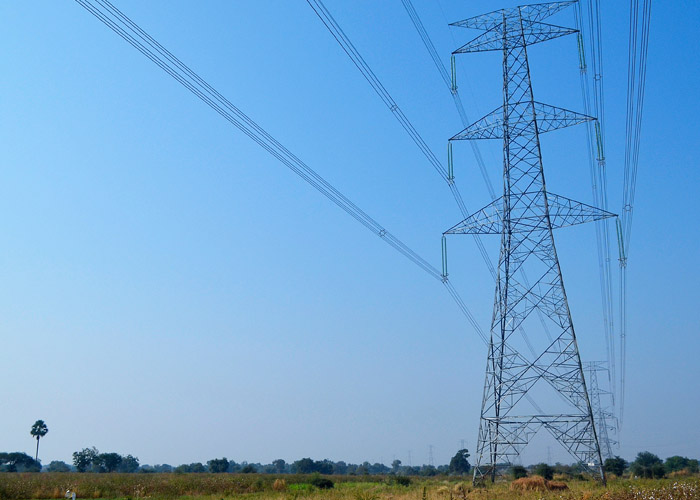
Despite India’s power surplus, local and regional issues are bringing down customer experience
There has been significant impetus towards providing electricity to India’s rural areas. India is currently well on its way to achieving the goal of 100% household electrification. However, despite the undercurrent of optimism regarding India’s electricity story, there is a need to take stock of the situation at ground level as well. In a report launched during a special session by Smart Power India at the World Sustainable Development Summit 2019, it was found that while there has been significant progress in providing electricity to rural households, the quality of power supply still remains a major challenge.
Read more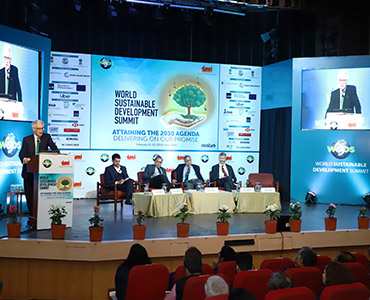
A de-carbonising India blazes on to a renewables revolution
While India is speeding ahead on the renewables' road, challenges such as India's complexities and the need for more data remain
Read more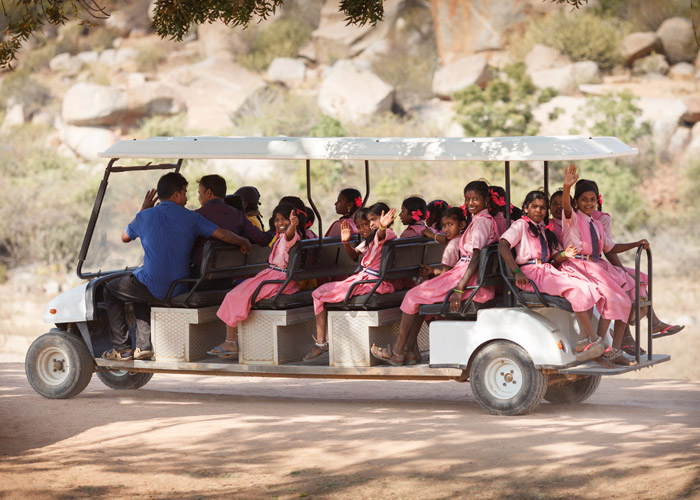
Shared, public and electric mobility will drive India towards sustainable transport
The core purpose of mobility is to provide transport solutions at an affordable price. Everything else that we plan around it must be done with this holistic picture in mind - these were the thoughts of Mr Manu Saxena, Vice-President Business Planning, TVS Motor Company, at the plenary session on Mobility in Developing Countries at WSDS 2019.
Read more
Enabling oceans to heal themselves
One of the most formidable threats that the world's ocean face today is marine plastic; 8.8 tonnes of the world's plastic enter the oceans every year. At this current rate, the world's oceans will hold one kilogram of plastic for every three kilograms of fish by 2025. Immediately establishing the urgency of action against marine plastic waste with such statistics, Dr M. Rajeevan, Secretary, Ministry of Earth Sciences, India, set the context for the plenary titled 'Moving Towards Cleaner Oceans' at World Sustainable Development Summit 2019.
Read more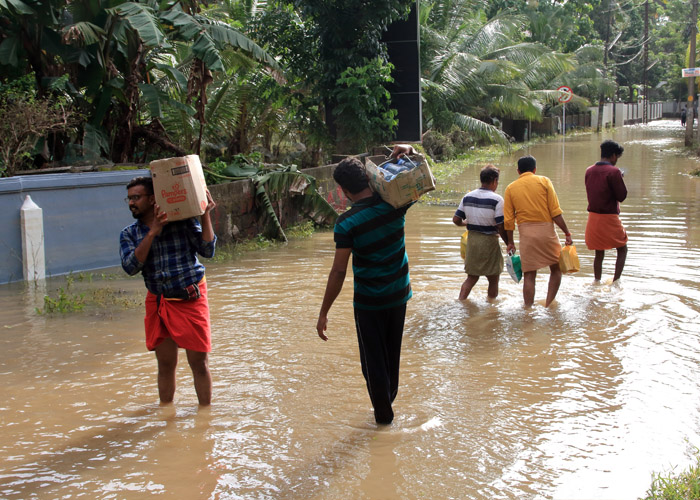
Data-backed climate services will enable climate-smart decisions
It is possible to analyse data sets of climate trends, both historic and recent, to predict and project extreme climate events and their impact on disaster reduction, agriculture and food, health, and water. Further, the degree to which climate services are deployed can enable actionable climate-smart decisions. This was the theme of the Day 1 session titled 'Climate Services in India – Moving the Needle'.
Read more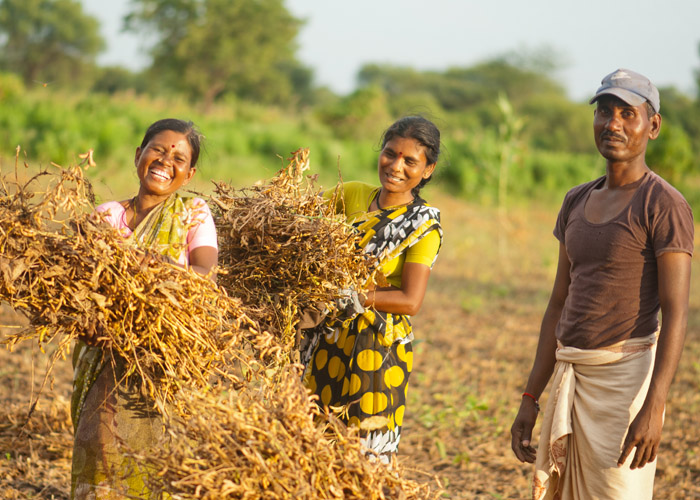
Family farming under pressure; must be protected for sustainable development
Family Farming holds a lot of significance in today’s world, playing a central role in eradicating hunger and poverty, providing food security and nutrition and improving livelihoods. Additionally, it is also critical for protecting the environment and achieving sustainable development, especially in developing economies. Family farming encompasses all family-based agricultural activities that is managed and operated by a family and is chiefly reliant on family labour.
Read more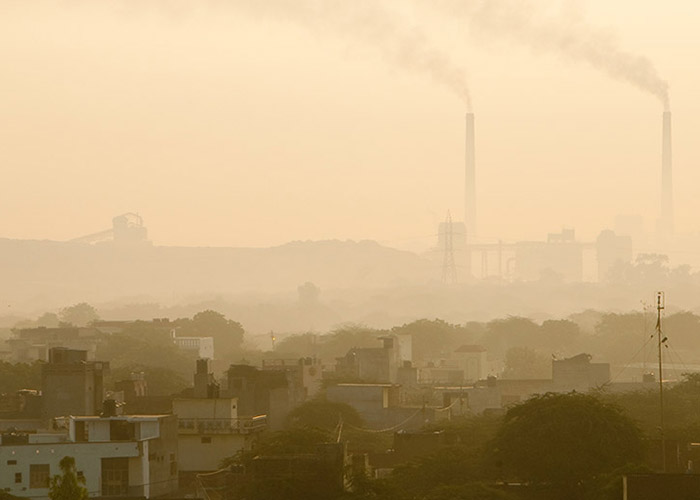
People's Participation Crucial for Success of National Clean Air Programme
To combat air pollution, New York City used a combination of fuel transition, energy efficiency, and plantation of one million new trees. As a result, life expectancy in the city increased by three years, emissions fell by nearly 20 percent, and both job creation and investment rose. This example kicked off the WSDS 2019 Special Session titled ‘Cleaning the Air in India and its Cities’ with a special video message from Michael R Bloomberg, Founder, Bloomberg LP & Bloomberg Philanthropies and the 108th Mayor of New York City.
Read more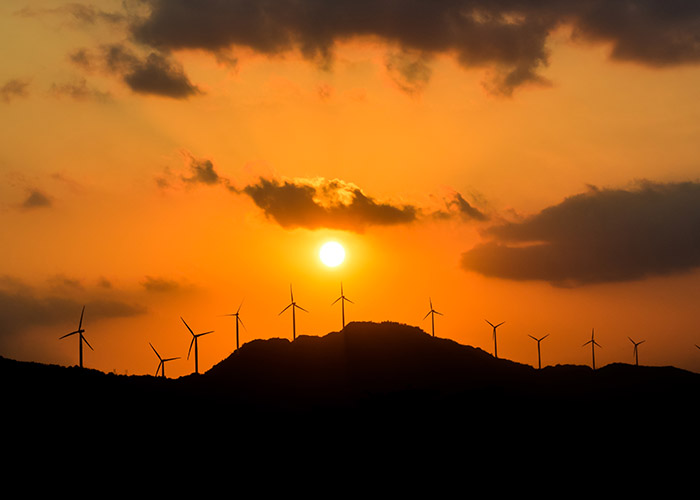
How India can go further than its NDCs
Panellists at the session discussed how India can incentivise climate action much beyond the NDCs
Read more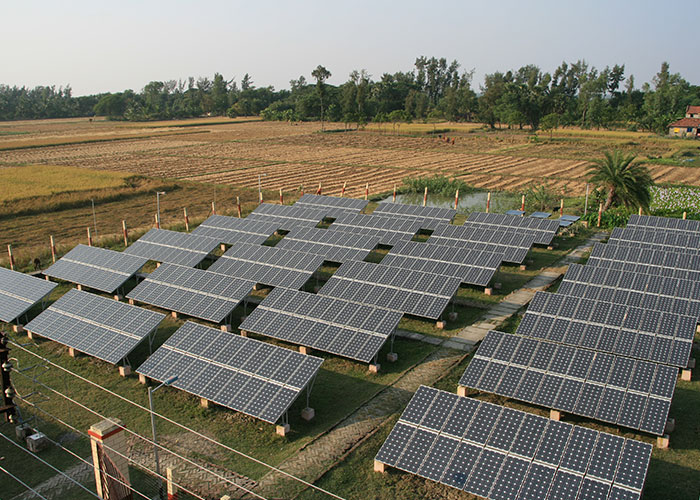
The field is open for off-grid power entrepreneurs, but the grid is here to stay
A panel discussion on complementing grid with decentralised solar energy and supporting solar entrepreneurs was held at WSDS 2019
Read more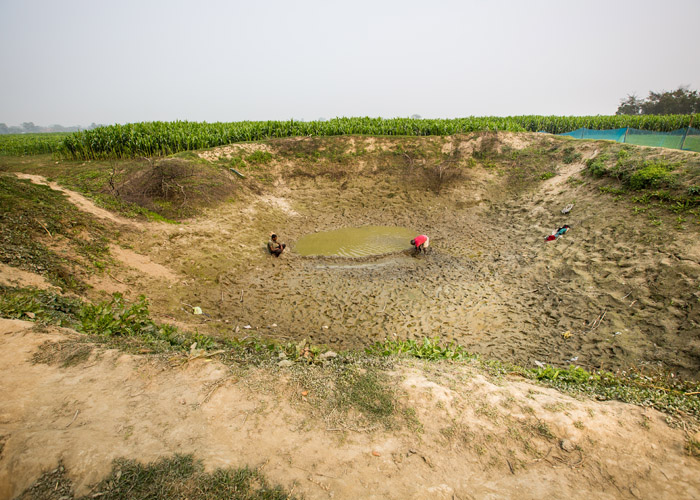
Good governance of land, forests and oceans key to achieving SDGs
Sessions on land, oceans, and forests highlighted the interdependency of these three in maintaining a healthy environment
Read more